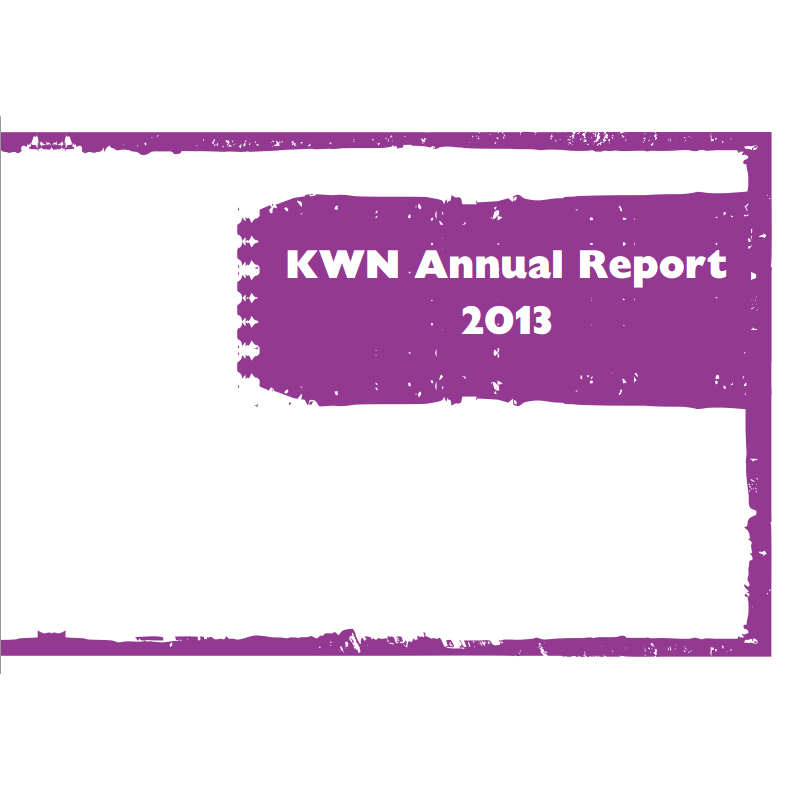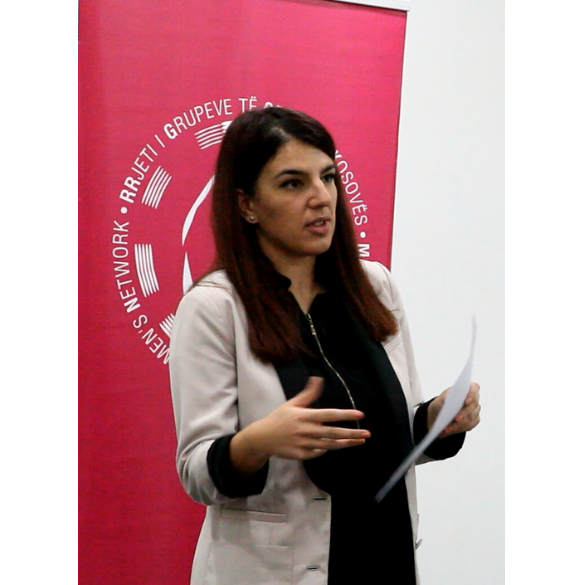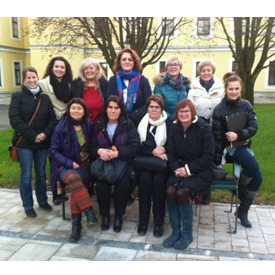KWN welcomed its 100th member organization, “Prehja” from Skenderaj, in October 2012. Since its establishment in 2000, KWN has grown from its initial 36 members. KWN marked this momentous event by donating a computer to its newest member.
Prehja actively works to raise awareness and empower women. Founded in 2003, the organization focuses especially on providing support to women who suffer from breast cancer. They plan to use their new computer to facilitate this important work.
KWN is a leader among civil society organizations in Kosovo and the region, representing the interests of women’s organizations of all ethnic groups from throughout Kosovo. Since its inception, KWN has held regular members’ meetings, workshops and activities involving its members. They are informed about KWN activities, opportunities to develop their capacities and funding possibilities. Our 100 member organizations have the opportunity to meet many times during the year, share ideas, learn new strategies and initiate cooperative efforts.





